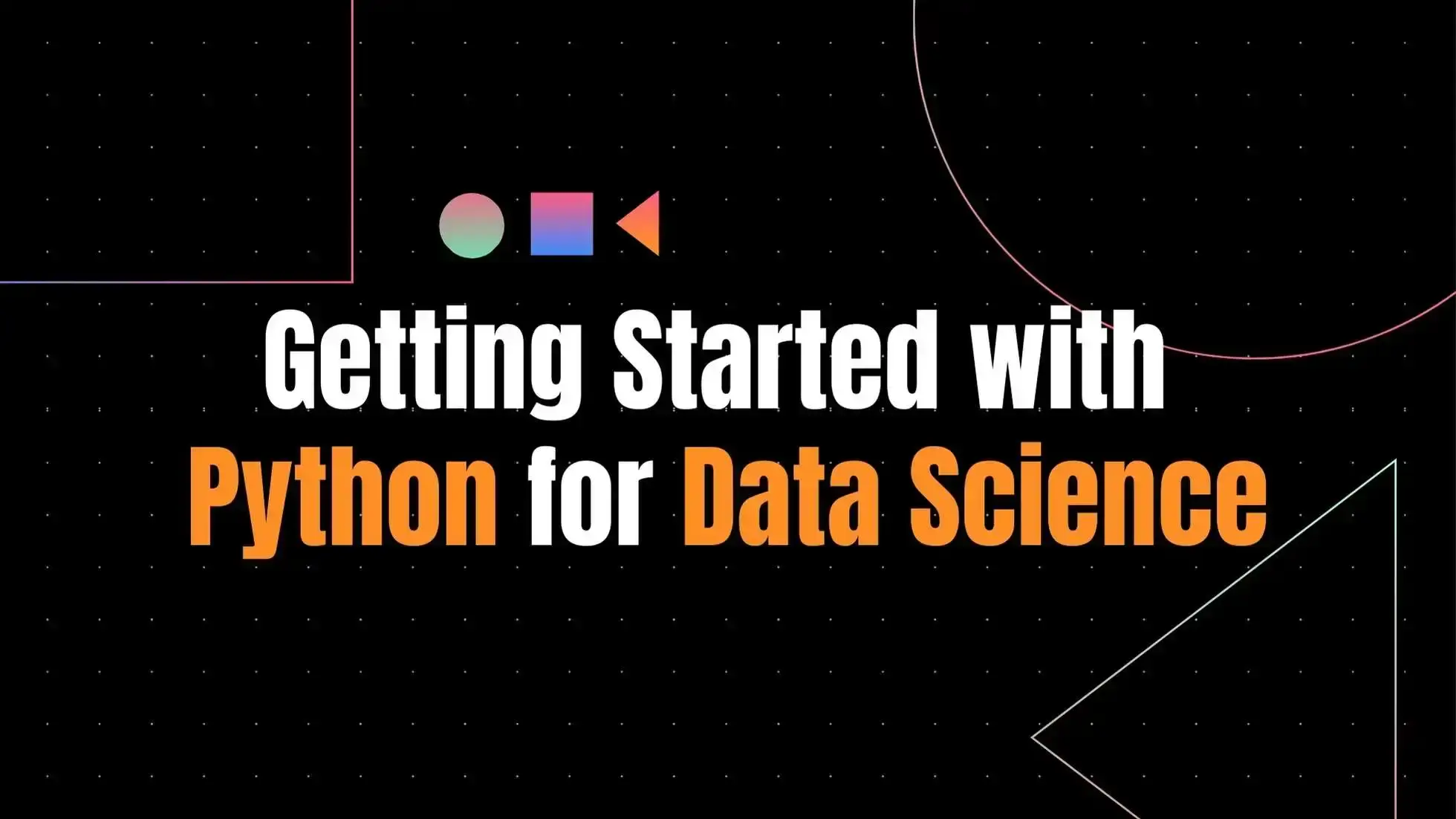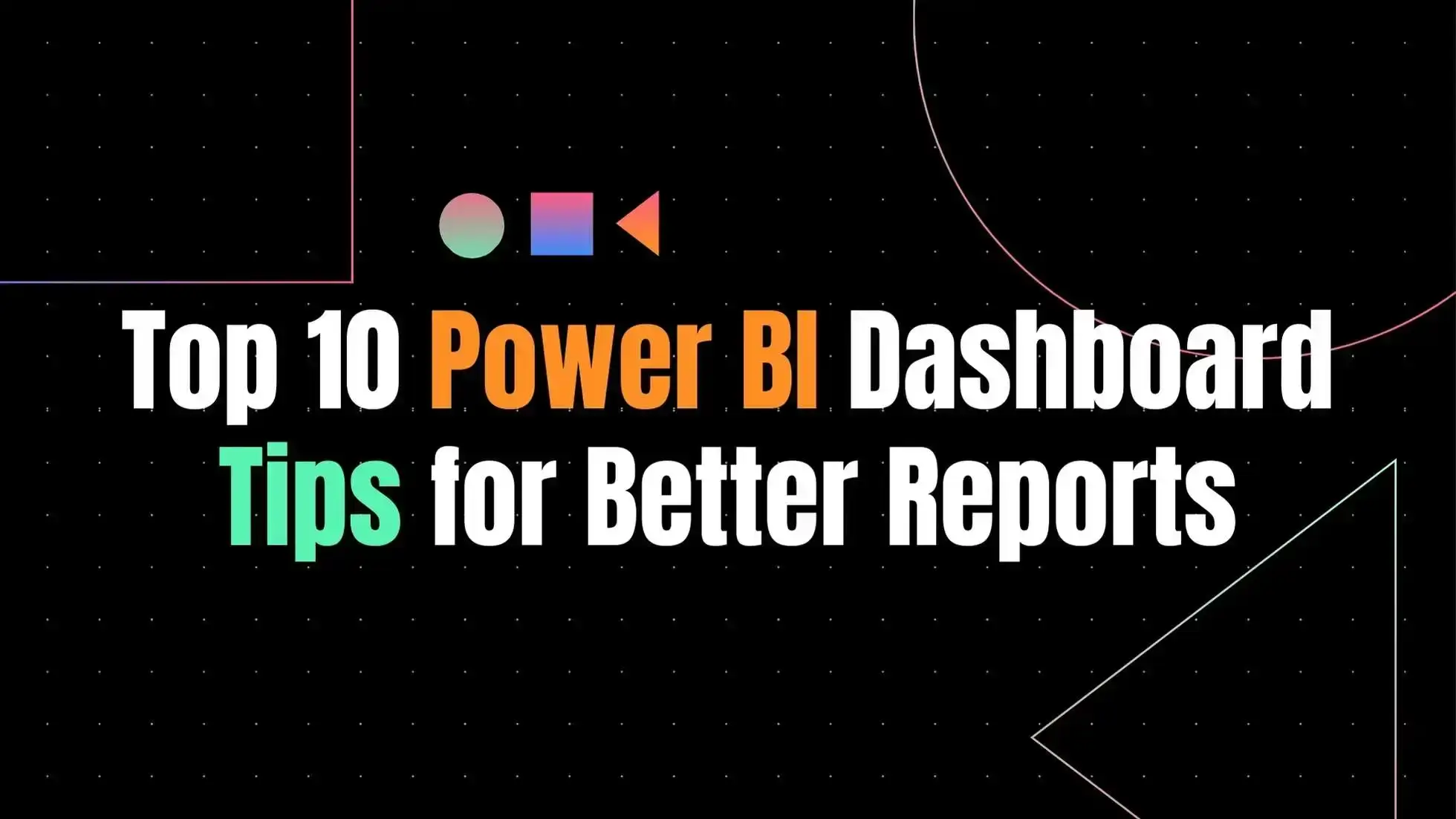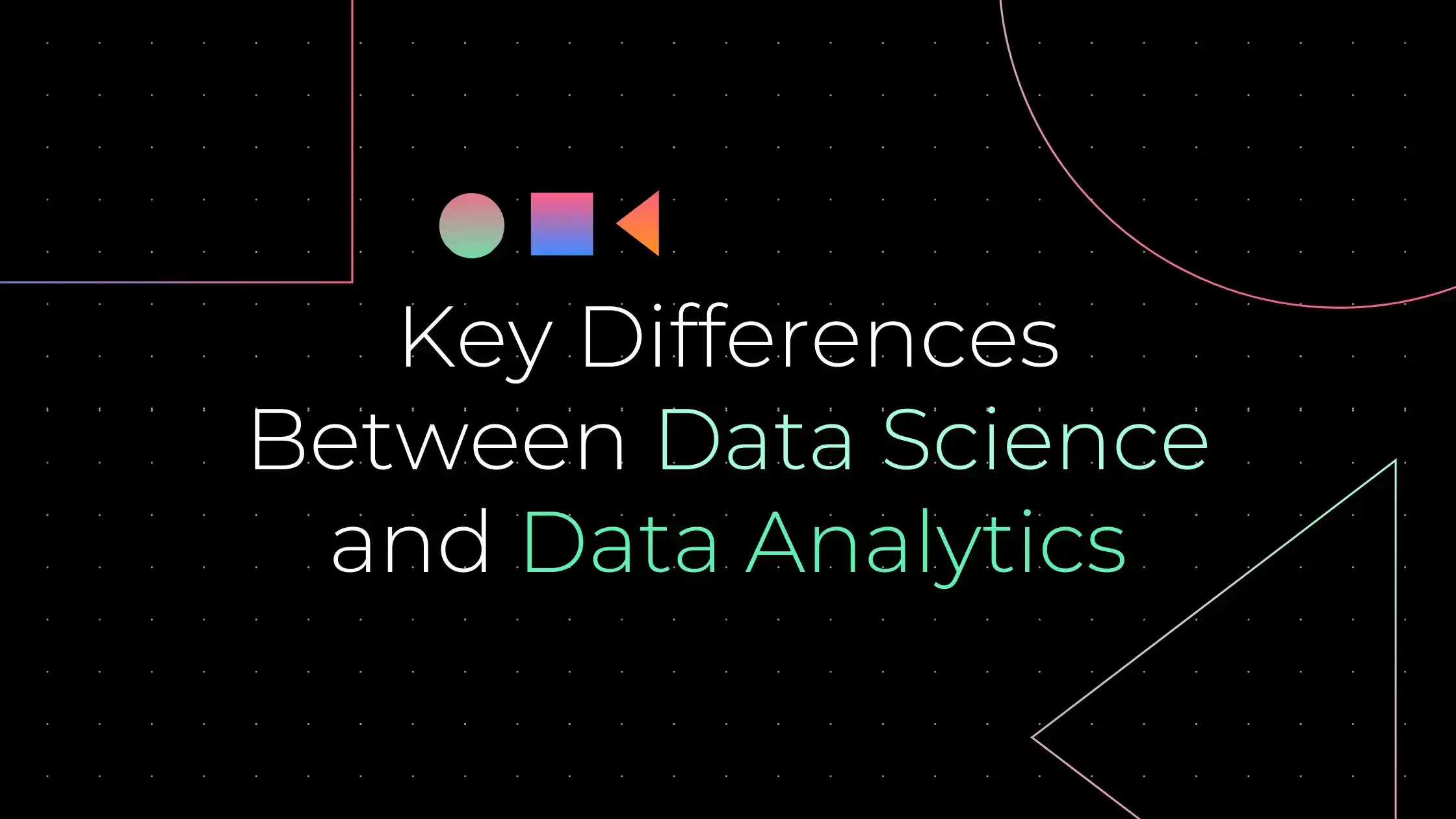Top Data Science Courses in Mumbai: Syllabus, Durations, and Scope
It’s been said that the digital world runs on data. Data science is all about analysing data to identify patterns in behavior, trends, and business interpretation. The IT industry in India is expanding rapidly. So, Rise Institute Mumbai offering Data Science Courses in Mumbai.
According to Harvard, data science is the most in-demand profession for every business hub. IT businesses require qualified experts to extract important, business-critical information from the data. In conclusion, there is a huge need for Certified Data Scientists. Leading universities and ed-tech providers offer data science courses.
Data is a valuable resource and will outlive the systems themselves.
Tim Berners-Lee, the man who created the World Wide Web.
The following are the highlights of Data Science Courses in Mumbai:
- To get started get enrolled in Data Science Course by Rise Institute Mumbai.
- It includes free brushup sessions for the duration of course as well as access to recorded videos, games, projects.
- Additionally, you will receive 50 hours of online learning access in addition to 32 hours of two-way live interactive classroom sessions.
- Following that, the course’s study materials will be made available on the LMS.
- Obtain the prestigious Rise Institute Alumni status, and Certification which is more significant.
- Get seasoned industry mentors with 10+ years of experience.
- Get a successful internship with Rise Institute or one of its partner companies, too.
- Nevertheless, you will receive more than 10 job offers per week.
- During the training, you can participate in Industry Projects.
Benefits of Rise Institute Data Science Course
- You can expressly select from a variety of career options with Rise Institute.
- Use a variety of Data Science methods and skills in general.
- After that, test your knowledge using the various tools that data scientists use.
- In any case, you will be knowledgeable about the critical procedures for solving a data science problem.
- Learn Python as well, as it supports data science right away.
- You will indeed gain knowledge of how data scientists think and work.
- You will specifically learn how to create SQL queries for databases and examine relational database concepts.
- You will soon import and clean data sets, conduct data analysis, and create and assess data models.
- Nevertheless, make use of the tools, methods, and libraries for data visualisation.
Rise Institute also offers the following courses:
- Course on machine learning
- Course on artificial intelligence
- Cyber security Training
- RPA with UiPath Training
- Foundation Course in ITIL
What is data science and how can you join it?
An interdisciplinary field called data science uses scientific procedures, processes, and algorithms to glean valuable information from vast amounts of data. Although the field dates back to the 1900s, its popularity has only recently increased. There are tons of valuable insights kept in databases and data lakes. The current industry can be transformed by using these data to create more cutting-edge goods and services. These data are largely unexplored, though, due to a lack of interpretation. Here is where data science is useful. Businesses all over the world are now able to act on data in an effective and efficient manner thanks to data science, which spots trends and produces insightful insights.
Machine learning is a subset of AI that employs techniques to deliver AL applications, whereas data science is a subset of AI that enables data scientists to extract valuable insights from massive amounts of data using statistics, analysis, and other scientific methods. A part of machine learning called deep learning handles more challenging problems. Predictive analytics, among other things, is a subset of data science that sheds light on potential future trends based on historical data or data that has crossed multiple data lakes and sources. These terms have an interdependence pattern and are associated with the field of data science. It is important to distinguish between their areas of expertise and functions in data science even though they are frequently used interchangeably.
Instead of relying on business analysts to extract insights from the data, data science promotes the use of machine learning to train models to learn from the data that is available. Data science is crucial at this point in technological development because it affects every industry in the world. Data science will have a wider scope in the near future as a dynamic field. Data science offers a wide range of career options.
Information Science Foundations
- Applying statistics makes it easier to interpret data.
- Programming: To automate data manipulation, programming languages like Python and R are crucial.
- Data modeling: The process of formatting particular data into a database is known as data modeling.
- The use of graphical representations of data to highlight trends and insights is known as data visualisation.
- Machine learning: Machine learning is basically a group of methods for forecasting and predicting data.
- Big Data: The open-source distributed systems Apache Hadoop and Apache Spark enable data scientists to manage sizable amounts of data.
- Collaboration: Teams of data engineers, software developers, business analysts, and others frequently work together on data science projects.
Lifecycle of Data Science
Data analysis and decision-making are typically iterative processes in data science. Understanding the data science lifecycle is essential to maximising the benefits of each process phase. The data science lifecycle for projects involving data modeling looks something like this.
- Planning entails figuring out a project’s scope and potential outcomes.
- Making a data model: When making machine learning models, data scientists are expected to use the right resources and information. They frequently use a variety of open-source libraries and in-data tools as a result.
- Data model evaluation: Before deploying a model, it must first be evaluated. In order to evaluate the model’s effectiveness in light of fresh data, it generates evaluation metrics and visualisations.
- Explaining a model: Curating an automated explanation on significant factors, such as producing predictions and model-specific explanatory details on model predictions, is becoming more and more important for data scientists. To explain technical results to non-technical colleagues, this calls for excellent communication skills.
- Deploying a model: It has become easier to integrate a machine learning model into the appropriate system by operationalizing models as scalable and secure APIs or by using in-database model learning machines.
- Monitoring a model: To ensure that the results are consistent, it is crucial to keep track of the model’s performance in comparison to the data.
Data Scientist: What is it?
In 2008, the term “data scientist” was created in response to the demand for knowledgeable experts who could analyses a variety of data. They gather insightful data from sources such as customers, mobile devices, the internet, and other sources in order to identify patterns and give the company well-informed data. You can draw opportunities to yourself as a data scientist professional that will help you advance your career. Through efficient data collection from a data reservoir, critical analysis, and solution interpretation, data science enables a business to gain technical expertise.
As they observe the established advantages of data science applications, numerous organisations are becoming more and more aware of the combined skills developed by talented data scientists. A team that consists of a business analyst, data engineer, IT architect, and application developer in addition to a data scientist typically performs data science. A data scientist is one of the top three jobs in America, according to Glassdoor. However, there aren’t enough qualified data scientists to meet the growing demand. The best businesses see data scientists as a valuable resource for their business.
Tools for Data Science
A machine learning model’s development, testing, and deployment can take some time. As a result, data scientists speed up these procedures by using a variety of data science tools. Understanding the tools used in data science work is essential.
Tableau
Tableau is a data science visualisation tool that plots longitudes and latitudes on a map to produce dynamic interactive graphs for the visualisation of geographic data. Additionally, among other things, it can communicate with databases, spreadsheets, and OLAP (Online Analytical Processing). The data analysis tool in Tableau can be used for data analysis in addition to visualisation.
Spark (Apache)
An analytical engine called Apache Spark is primarily designed for batch and stream processing. Data scientists can use its many APIs to generate insightful predictions based on the extracted data. Apache Spark performs better than Hadoop and is much faster than MapReduce. To process massive databases, Apache Spark is used by many businesses.
TensorFlow
Data scientists frequently use the well-known machine learning tool Tensor Flow for sophisticated machine learning algorithms. Tensors, which are multidimensional arrays, are where it gets its name. Speech recognition, drug discovery, image classification, and image and language generation are just a few of the many uses for Tensor. High performance and computational capabilities are made possible thanks to its open-source, dynamic toolkit.
Jupyter
Data scientists can complete all of their tasks in an interactive computing environment with Jupyter, a fully open-source tool. R, Python, and Julia are just a few of the programming languages it supports. A well-liked data science notebook called Jupyter helps with data cleaning, visualisation, building machine learning models, executing code, and giving presentations. RStudio, Zeppelin, and Jupyter are frequently used in data science to carry out analysis.
MATLAB
Software that is exclusive to MATLAB. Data scientists primarily use it to activate neural networks. Matrix functions, statistical data modeling, algorithmic implementations, producing robust graphs for visualisation, and image and signal processing are all supported by MATLAB in a variety of scientific disciplines.
BigML
Predictive modeling is facilitated by BigML, a cloud-based data science tool used to process Machine Learning Algorithms. Numerous machine learning algorithms, including clustering, classification, time-series forecasting, and others, are used. BigML provides various automation techniques for automating hyper parameter model tuning in addition to interactive data visualisations.
SAS
In many sizable organisations, data analysis is done using SAS. Additionally, is a very reliable piece of software that offers a wealth of statistical libraries and tools that help data scientists create models and arrange data.
There are numerous additional tools that support applications in the data science domain. It is simpler for data professionals to perform the functions without having to write the codes from scratch because the majority of tools offer complex operations in a single location.
Data Robot
The most effective data science tool is Data Robot, which is used in operations that incorporate machine learning, augmented analytics, statistical modeling, and artificial intelligence. Additionally, it provides a user-friendly GUI for both novices and experts that enable data analytics. It makes it easier to give customers high-end automation, make wise data-based decisions, and derive insightful conclusions. Through Data Robot, about 100 data science models can be deployed.
Career Path in Data Science
A technical bachelor’s or master’s degree is not necessary for the data science career path, in contrast to other traditional occupations. Effective abilities and experience are all that are required. Understanding the nuances of data science skills and career paths is also crucial. Data science professionals should have a solid foundation in data management, data visualisation, data mining, data analytics, and programming. The majority of career paths in data science are adaptable and flexible. Data science skills can be learned through experience or on your own by taking a data science course. For instance, by learning more about data management, artificial intelligence, statistics, and big data analytics, a data analyst can advance to the level of data scientist.
The change in roles is determined by the level of expertise in the area. Numerous data science fields and career paths call for particular set of abilities and credentials. Aspiring professionals can choose to specialize in a wide range of industries, including business, consulting, retail, and the medical sciences. Candidates who are interested in marketing, finance, accounting, operations, supply chain, and specialized departmental analytics can hone their skills in addition to traditional job roles. One of the most lucrative careers today is data science.
For jobs in data science, the term “data scientist” is used interchangeably. However, depending on their level of training and the demands of the job, data science professionals perform different tasks. In the discipline of data science, communication and management skills are just as important as statistics and algorithms. Both of these skills are necessary for productive teamwork.
Database Analyst
A data analyst is a professional with technical expertise in producing useful insights from corporate data. They are also referred to as business analysts or analytics specialists. Working on different projects at once is not uncommon. Depending on the qualifications and experience in the industry, a data analyst may hold a variety of titles.
- Analyst of data
- Associates data analysis
- Senior data analyst
- Advanced data analyst
- Product Manager
- Lead data analyst
Data modeling, Tableau, business savvy, database cleaning, effective presentations, visualisation, and other skills are needed for the lead data analyst director position.
Engineer for Data
Building a software infrastructure that guarantees accurate data is delivered to the right department is the main duty of a data engineer. Analogous positions like data architect and quantitative analyst require extensive planning and coding skills. Lateral movement is less obvious in the following designation because the role is more specialized and essential to the organisation.
- Data engineer
- Associate data engineer
- senior data engineer
- Manager of a product
- Principal data engineer
- VP/ SVP
Data management, data cleaning, Python or R programming, Hadoop, business knowledge, effective presentation, and visualization/BI skills are required.
Business intelligence Developer
Both the IT department and a business intelligence developer or system analyst have expertise in analytics. The responsibilities of a business intelligence developer are shared by several important roles, including data science, programming, and data architecture, to name a few. An understanding of machine learning techniques is necessary because the focus is on technical details rather than analytics. A lateral move up the corporate ladder may be possible given that the role now has authority over other departments.
- BI Developer
- Senior BI
- Product Manager
- Team Lead
- Director
Programming in Python or R, Hadoop, building models, using notebooks and Github, data modeling, business savvy, and visualization/BI are all necessary.
Data scientist
The most sought-after position in an organization is data scientist. Data scientists are now expected to develop machine learning models for prediction, drive insights, find patterns, visualize data, and pitch marketing strategies, among other things. The given pattern describes the corporate career path for a data scientist, also referred to as a market analyst or BI specialist.
- Junior data scientist
- Associate data scientist
- Senior data scientist
- Product manager
- Lead data scientist
- Director
Statistics, mathematics, data modeling, Python and R programming, database skills, business savvy, presentation, visualization, and business intelligence (BI) are required skills.
Statistician
A statistician is an expert in statistical theories and data organization, as the name suggests. Along with gleaning important insights from enormous datasets, statisticians develop fresh application methodologies. A statistician working in data science is primarily responsible for gathering, analyzing, and interpreting data as well as working with cross-functional teams, sharing findings with stakeholders, and offering business strategy advice based on the data.
- Junior Statistician
- Associate Statistician
- Senior Statistician
- Director
- Skills required: statistics, mathematics, data mining, machine learning, SQL.
Rise Institute
You can enroll in a complete data science course package at Rise Institute. It is one of the top universities that provide prospective students with data science courses. You are supposed to leave this course with practical data science knowledge and skills. The course material follows industry best practices. It approaches training in a straightforward and practical manner. For a better understanding of the fundamental subject, Rise Institute skillfully combines theory, computation, and application.
Throughout the course, the experienced instructors offer cutting-edge data science training and direction. In order to help candidates get started in the field of analytics and data science and gain practical experience, Rise Institute offers summer internship programmes.
- Courses in Data Science
- Python for Data Science Course
- R Programming for Data Science Course
- Post Graduate Program in Data Science
- Data Science with R Course
- Statistics for Data Science Course
- Data Science with Python Course
Data science: Why?
The benefits of data science go beyond commercial objectives to include healthcare. To cut costs, boost revenue, and boost customer satisfaction, many industries use data science techniques and tools. These benefits are derived from a data set in order to glean insightful information, spot previously unnoticed patterns, and make crucial business decisions. A surge in data generation is currently occurring in almost every industry. This information can be used to plan business strategies. Therefore, it is crucial for businesses to employ data science experts to support them in achieving their goals.
Several Employment Options
Data science is a booming industry with many opportunities. Data scientist, business analyst, data analyst, research analyst, analytics manager, and many other professions have emerged as a result.
Hiring Advantages
The organization now finds it relatively simpler to hire talented data science professionals. Big data and data mining techniques have made it simpler for the hiring team to select resumes, aptitude tests, games, and other resources.
High Income
One of the professions with the best pay is data science. Talented candidates are paid well for their services because there is a high demand from organizations for skilled data science professionals. Professionals in data science who possess the necessary training and experience can advance within their organizations.
Financial Success in Business
By making it easier to create products and launch them to the right audience at the right time, data science enables businesses to increase profits. Quick business strategies and action are made possible by data insights, which boost revenue. Information security, complex data interpretation, business intelligence, and marketing and sales growth are all improved. Process automation helps with the hiring of qualified data science specialists.
In order to better serve their customers and increase profits, businesses can use data science to define their objectives and target markets. Data scientists make business decisions based on data-driven evidence.
Conclusion
It is predicted that data science will develop in the future. Every organization is aware of its importance and adaptability. So, a lot of prestigious businesses have made sizable investments in data science. Almost all businesses now use data science to enhance customer satisfaction, business acumen, production, and services, among other things. The importance of utilising technology to grow the economy has increased. Data science adopts an intriguing strategy because it can lead to an infinite number of skills, technological advancements, and scientific discoveries, among other advantages. It goes without saying that a career in data science is a fantastic choice for talented people.







